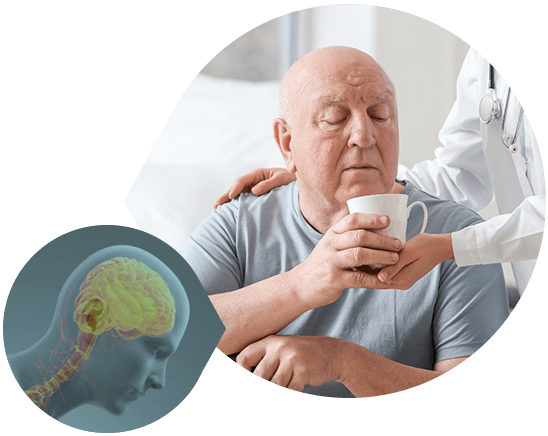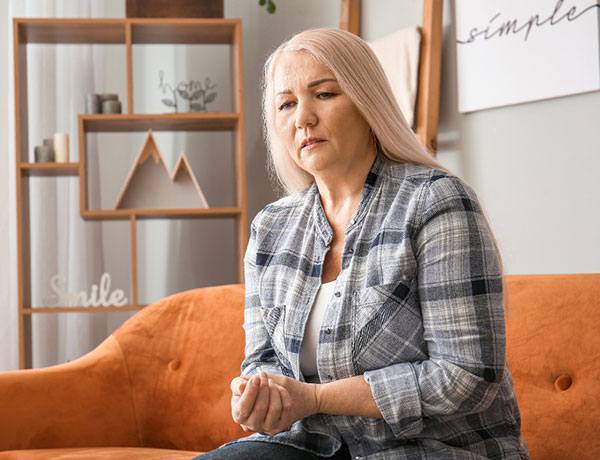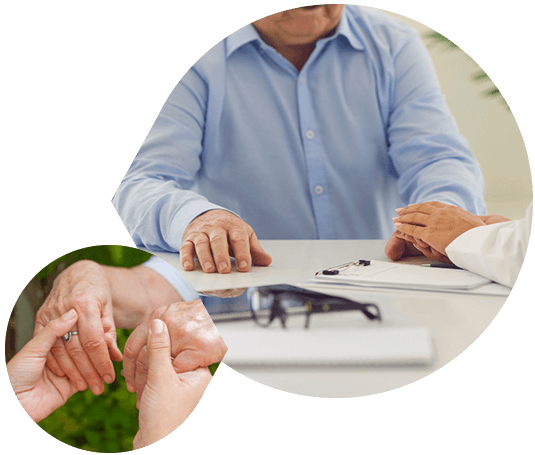
Over two hundred years ago, a British physician named James Parkinson wrote about a condition of ‘shaking palsy’. It then adopted the name Parkinson’s disease, now a well-known neurological condition affecting people across the world.
Despite over 200 years of research, there’s still no cure or known cause of Parkinson’s disease, but more work has been done to understand brain-based Parkinson’s treatments, which we offer at Neurofit Brain Centre.
Parkinson’s disease is a progressive neurological condition which affects movement and coordination. It starts when the brain’s dopamine-producing neurons begin to degenerate. This leads to a shortage of dopamine, which is essential for coordinating our movement and balance.

Know the facts about Parkinson’s:
When our dopamine levels decrease, we see a decline in the range of motor skills. Like with other neurological conditions, Parkinson’s sufferers often steadily decline through stages and severity as the condition worsens.
The most common symptoms of the condition are:
Motor symptoms include:
It’s not just motor-related symptoms people experience, but also non-motor symptoms which impact their relationships and daily life.
Non-motor symptoms include:
While there is no one test readily available to diagnose Parkinson’s definitively, doctors and specialists undertake extensive clinical assessments to diagnose and treat the condition.

Parkinson’s affects many aspects of life, including:
At Neurofit Brain Centre, we specialise in evidence-based neurological rehabilitation to help individuals manage and slow Parkinson’s symptoms and maintain quality of life; we do this through the brain activity and stimulation.
Given the right stimulation, your brain’s nerve cells can expand and communicate with new nerve cells. Brain-based therapy involves a mix of activities designed to provide that stimulation. The goal is to help restore brain balance – the left and right sides of your brain working closely together in equal partnership.
While we can’t cure neurodegenerative disorders like Parkinson’s, it is often possible to slow the progression and improve symptoms with brain-based therapies.

| Therapy | Effects |
| Photobiomodulation | Reduce anxiety and improve memory, cognition and sleep |
| Interactive metronome | Improve motor control |
| Personalised exercise plans | Improve and maintain strength and balance |
| Transcranial direct current stimulation | Improve brain balance and visuospatial attention |
Our multi-disciplinary team offers people with Parkinson’s a comprehensive, patient-centred care plan to help manage and slow their symptoms. We know how daunting a diagnosis like this can be, and our team can help you navigate many facets of your daily life from one clinic. Contact us today to find out more.


©2025 Neurofit Brain Centre – All Rights Reserved | Privacy Policy
Website built by Splice Marketing